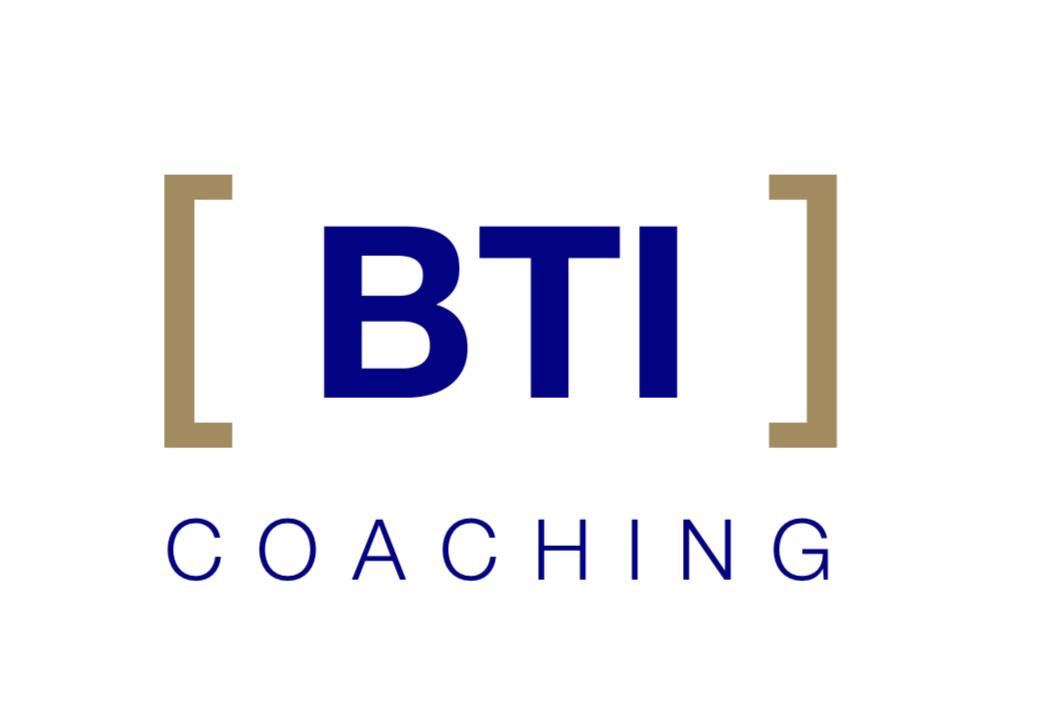
By Jean-Christophe Beauvais
A few days ago, the French voted and designated their President for the next 5 years.
During this campaign, there was a lot of talk about the weight of the responsibilities of the President of the Republic, alone at the head of the State, with all the powers that he concentrates and cannot share with anyone.
Willingly attributing it to the peculiarities of the Constitution of the Fifth Republic, the journalists often mention the isolation that would systematically affect, according to them, the highest dignitary of the country at the time of taking the heavy decisions incumbent on him in an extremely complex and uncertain environment.
And indeed, to be at the top of the hierarchy is to make heavy decisions, often alone, to play with confidential and sensitive information, to be responsible to the country.
We call it the loneliness of power.
Of course, what applies in politics is transposable to the business world and applies to all business leaders at the very top, alone on the tip of the hierarchical pyramid, legally and financially exposed in case of crisis, responsible for the economic viability of the company towards a headquarter, a board or shareholders.
The subject of isolation nevertheless has two readings that are neither contradictory nor complementary: it is simply necessary to distinguish the situation of “I am alone to lead” from the affective or even pathological corollary “I feel alone and isolated in my role”.
Indeed, a manager is, by nature, alone at the head of his company. His loneliness of the director is very inherent in the function.
It is when it translates into this altitude sickness at the top of the pyramid, this famous feeling of isolation, which leads to the syndrome of loneliness of power.
For the entrepreneur concerned, isolation can increase the risks associated with his function and already present daily.
Most leaders do not spare themselves, working an average of 60 hours a week with the impact that this can have on their personal life and on their health in general and on their mental health in particular: stress, exhaustion, burnout, detachment from the family, psychological suffering…
It is this same stress that can also paralyze the leader in his decisions or lead him to make erroneous decisions, for lack of discernment and anticipation.
For a leader affected in this way, the risk of locking himself in his ivory tower increases and the perception of his team can be negatively affected.
Even if worried, the manager must always look good, always show his poker face so as not to worry the teams. In the long run the teams are not fooled. There is then a risk for the good management of the company, employees imagining that the leader isolates himself to hide something.
And he does hide something: his feeling of isolation, which he thinks he cannot share with anyone and especially not with a member of the structure of the company, even if he trusts.
Communicating about your difficulties would undoubtedly be THE solution to get out of the gear but it is also the most difficult to adopt, because it entails the risk of appearing incompetent or vulnerable. This pushes the leader to entrench himself a little more. Vicious circle and Gordian knot.
Would an external interlocutor allow him to “confess” and externalize his vulnerability without risk to the organization?
For the business leader, for whom admitting his vulnerability is experienced as an unspeakable fault and to be hidden at all costs within the company, a first step could be to exchange with peers, in this case other leaders experiencing the same situation. This can be reflected, for instance, in memberships or participation in networks, fairs, and exhibitions.
Breaking one’s isolation must be based on a personal desire for sharing and openness, and a necessary willingness to admit one’s situation of isolation and the vulnerability it entails. But can it be to those peers I just mentioned?
Undoubtedly, it is possible but uneasy. How often will you see your fellow GM in fairs or exhibitions? Perhaps there are also conflicts of interest (commercial for example) that prevent you from confiding in this or that with another manager.
At this stage of reflection, the use of external coaching is generally the most effective solution.
The coach has the advantage of being outside the company and having an external and neutral look at it, a discussion that would prove much more difficult with a colleague, a relative, or a counterpart.
For the manager, admitting his vulnerability will certainly be effective, but it is also a huge taboo: letting Coaching create a space of freedom where the client can express his feelings without fear. For there is no judgment in the relationship, as judgment is part of what initially led the leader to isolate himself.
Following an accompaniment also allows you to freely discuss your weaknesses without stakes of postures or power.
The coach is not there to replace the leader but to help him to take a step back, to ask the right questions, to project himself into the future. The sessions are an opportunity for the manager to reflect on his talents, the strategy of his company, etc.
These regular exchanges give a healthy breath of fresh air to the entrepreneur and take him out of his loneliness.
And the sessions must allow the rapid implementation of action plans and behavioral strategies.
In a nutshell:
– the loneliness of the leader is rather classic on the structural level, as it is inherent in his position.
– but when it leads to pathological isolation, there is no point in fighting it head-on to defeat it at all costs, when the use of coaching is out there: available, confidential, and effective.
Jean-Christophe Beauvais
[email protected]
Related Posts
Thinking in an Uncertain World: Toward a Human Leadership
Crisis is not a dead end but a space to inhabit. Rather than fleeing uncertainty, we must engage with it, seeing it as a source of renewal rather than paralysis. Thought must embrace the fluidity of...
Redefining Desire: Embracing Fulfillment Through Acceptance and Purpose
Desire isn’t the enemy, but neither is it something to chase endlessly. Faut pas chercher invites us to stop seeking fulfillment through constant acquisition and instead accept desire without obsession. By...
Cultivating Surrender and a “not seeking approach”
Wisdom is not always found in control or understanding but in surrender—trusting life’s natural flow. Overanalyzing can exhaust us, while embracing uncertainty brings peace. Letting go means releasing the...

